Are you a complex trauma survivor? If so, have you considered attending a support group? I didn’t until I researched effective trauma recovery methods for my book, You Don’t Need to Forgive: Trauma Recovery on Your Own Terms, and found support groups to be effective.
Disclaimer: None of the groups on this list are therapy groups. They do not provide medical, psychiatric, therapy, or counseling services, and most are not organized or operated by mental health professionals. To learn more about the difference between therapy and support groups, read my blog, Therapy Groups vs. Support Groups: What’s the Difference?
Here is a list of 6 support groups for complex trauma survivors:
1. Adult Survivors of Child Abuse (ASCA)
ASCA is a group designed for adults who experienced neglect or physical, sexual, and/or emotional abuse as children. This group uses a three-stage Recovery Framework with 21 steps. ASCA was created by The Norma J. Morris Center, which wrote a manual for participants that is available online, titled Survivor to Thriver. According to ASCA, meetings are designed to provide a safe place where participants can share their feelings and thoughts about their trauma recovery. I participated in ASCA for one year, and I found it highly beneficial in my trauma treatment. If you’re a trauma survivor who wishes to focus specifically on trauma recovery, ASCA might be a good fit.
2. Adult Children of Alcoholics/Dysfunctional Families (ACA)
ACA is a group designed for adults who were raised in alcoholic or dysfunctional homes. Participants are survivors who have experienced abuse, neglect, or other unhealthy behaviors in their childhood home, with or without the presence of alcohol or drugs. These groups follow a 12-step program. ACA reports that their participants are encouraged to discuss what’s happening in their lives and how they deal with these issues, build a personal support network, and practice recovery and personal boundaries by giving service. This group is not designed for one’s substance use recovery; it’s more focused on how another addiction or dysfunction impacted you. If you are a survivor whose primary care figure experienced substance use or dysfunction, you might consider ACA.
3. Emotions Anonymous (EA)
EA is a group that uses the 12 steps of AA to recover from any sort of emotional difficulty. You do not need a diagnosis or label to participate, as the group accepts all emotional struggles. It is a spiritual program, not religious, and does not advocate any particular belief system. EA members meet weekly to share experiences, feelings, strengths, weaknesses, and hope with one another while working toward recovery from any emotional difficulties. EA states that the only requirement for membership is a desire to become well emotionally. These groups follow a specific format and use materials approved by the EA Board of Trustees, such as the book Emotions Anonymous. If you are a trauma survivor who has emotional difficulties, consider this group.
4. The National Alliance on Mental Illness (NAMI)
NAMI provides many groups for individuals living with a mental health condition as well as their family and friends. These groups are facilitated by volunteers who have personal experience living with mental illness or have a family member living with mental illness. Some local chapters also have groups for parents of youths living with mental illness. You do not need to have an official diagnosis of a mental illness to attend. If you’re a trauma survivor who has a mental illness or has a loved one with a mental illness, NAMI might be a good fit.
5. Co-dependence Anonymous (CoDA)
CODA is a group focused on maintaining healthy and nurturing relationships. This group focuses on changing co-dependent relational patterns, which some complex trauma survivors experience. CoDA does not provide a definition or diagnostic criteria for co-dependency. Instead, participants are encouraged to decide for themselves if they struggle with co-dependency. The only requirement for membership is a desire to have healthy and loving relationships. CoDA uses a 12-step program and is not focused on substance use. If you’re a trauma survivor with a pattern of engaging in co-dependent relationships, consider this group.
6. CPTSD Foundation’s Daily Recovery Support
Daily Recovery Support is a paid service that provides a virtual group twice daily, every Monday through Friday. The group is a trauma-informed peer support group that provides a validating and encouraging atmosphere to support survivors’ individual recovery. The CPTSD Foundation also provides a Healing Book Club, a Weekly Creative Group, and a Trauma-Informed Yoga group. The Daily Recovery Support group does not provide treatment or crisis intervention, and the CPTSD Foundation requests that all members be engaged in individual therapy and be medically stable. If you are seeking a trauma-informed group for a fee, consider this group.
If any of these support groups interest you, simply follow the links for more information.
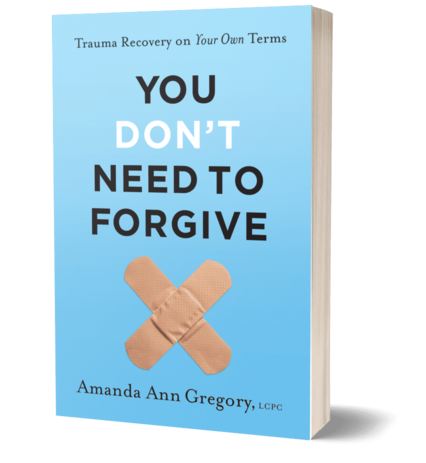
Purchase my book, You Don’t Need to Forgive
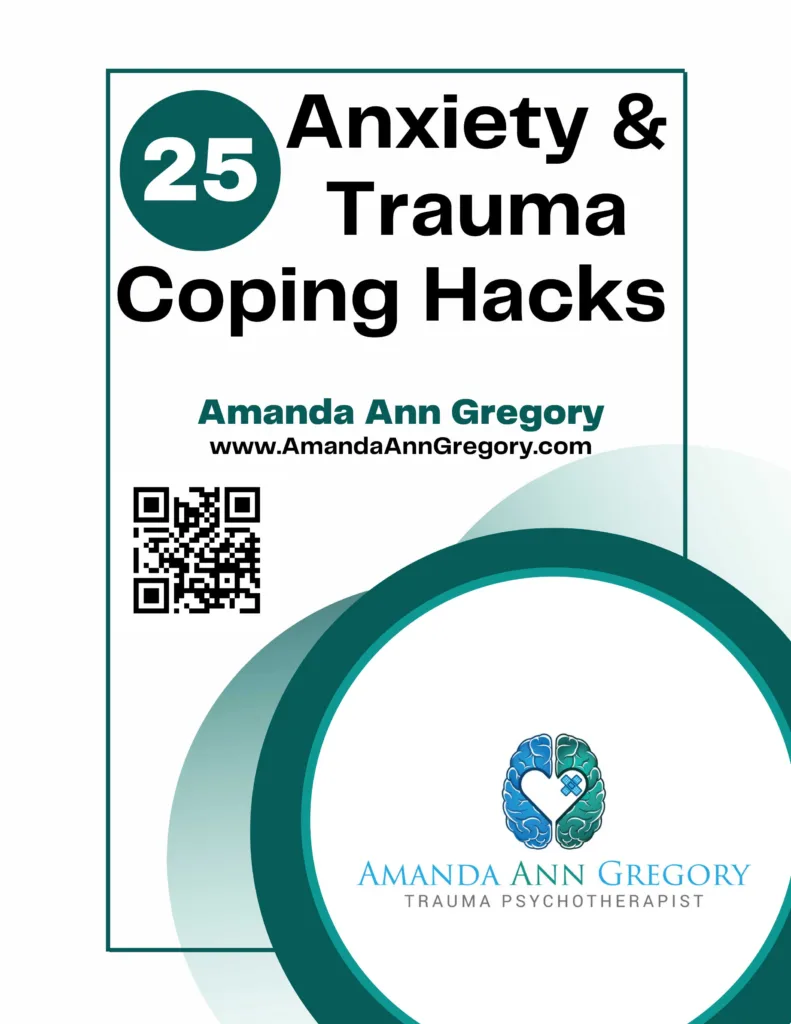
Sign up to get your Free eBook: 25 Anxiety & Trauma Coping Hacks
Hire me to speak at your event! Contact Me
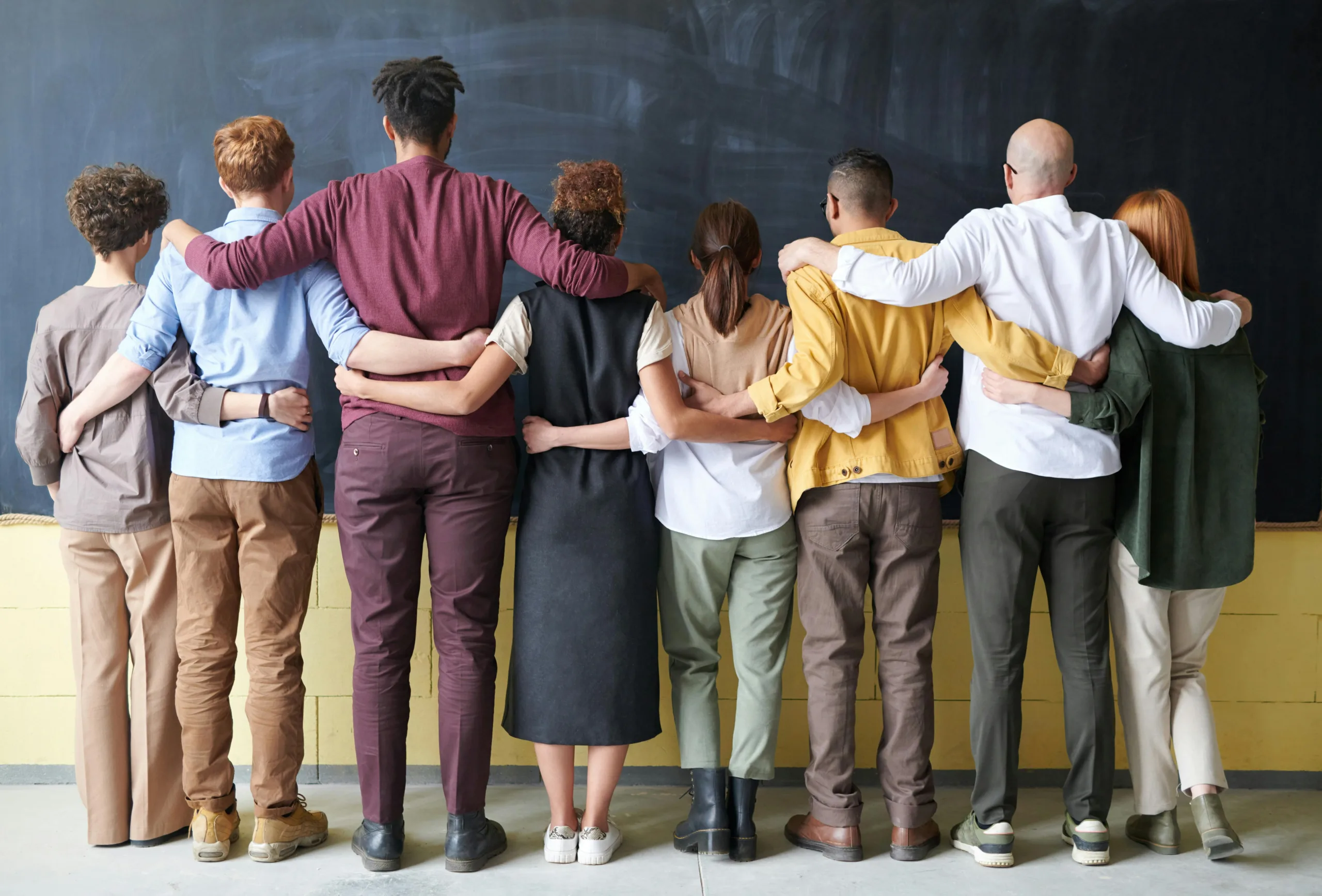
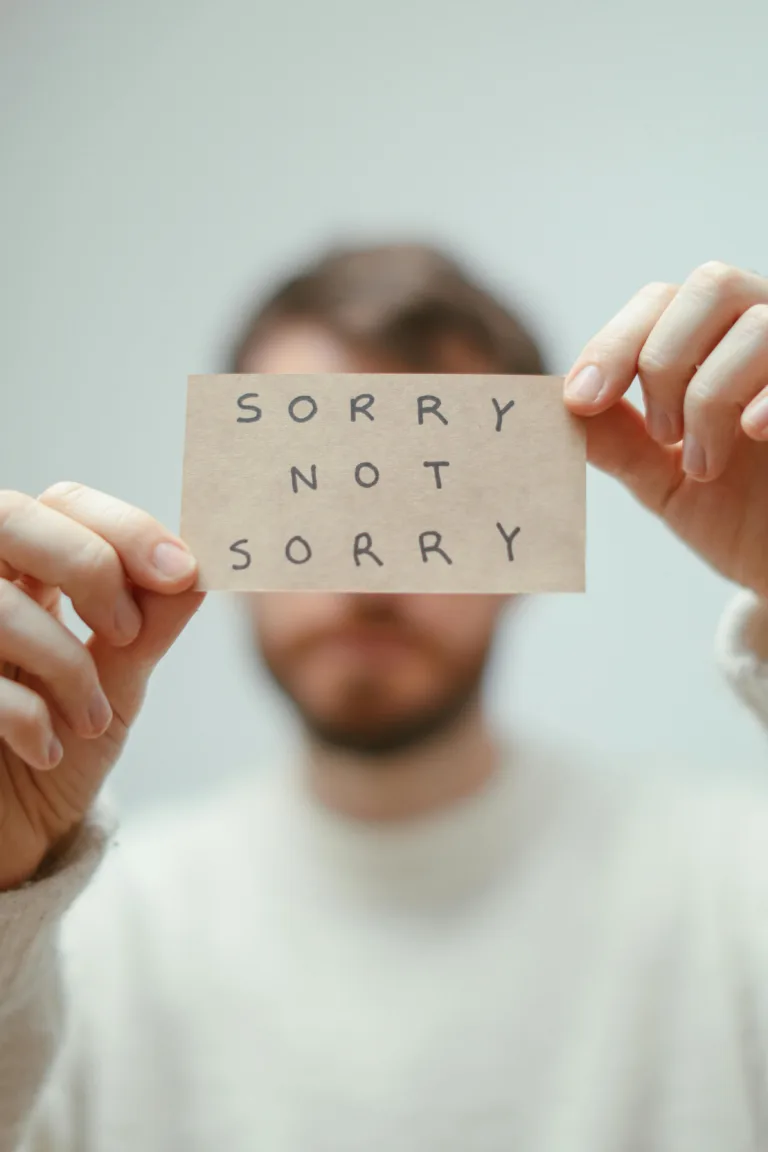
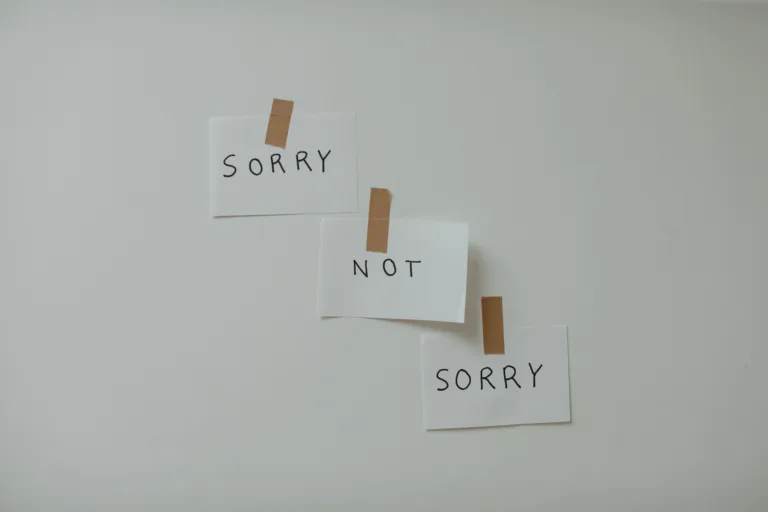


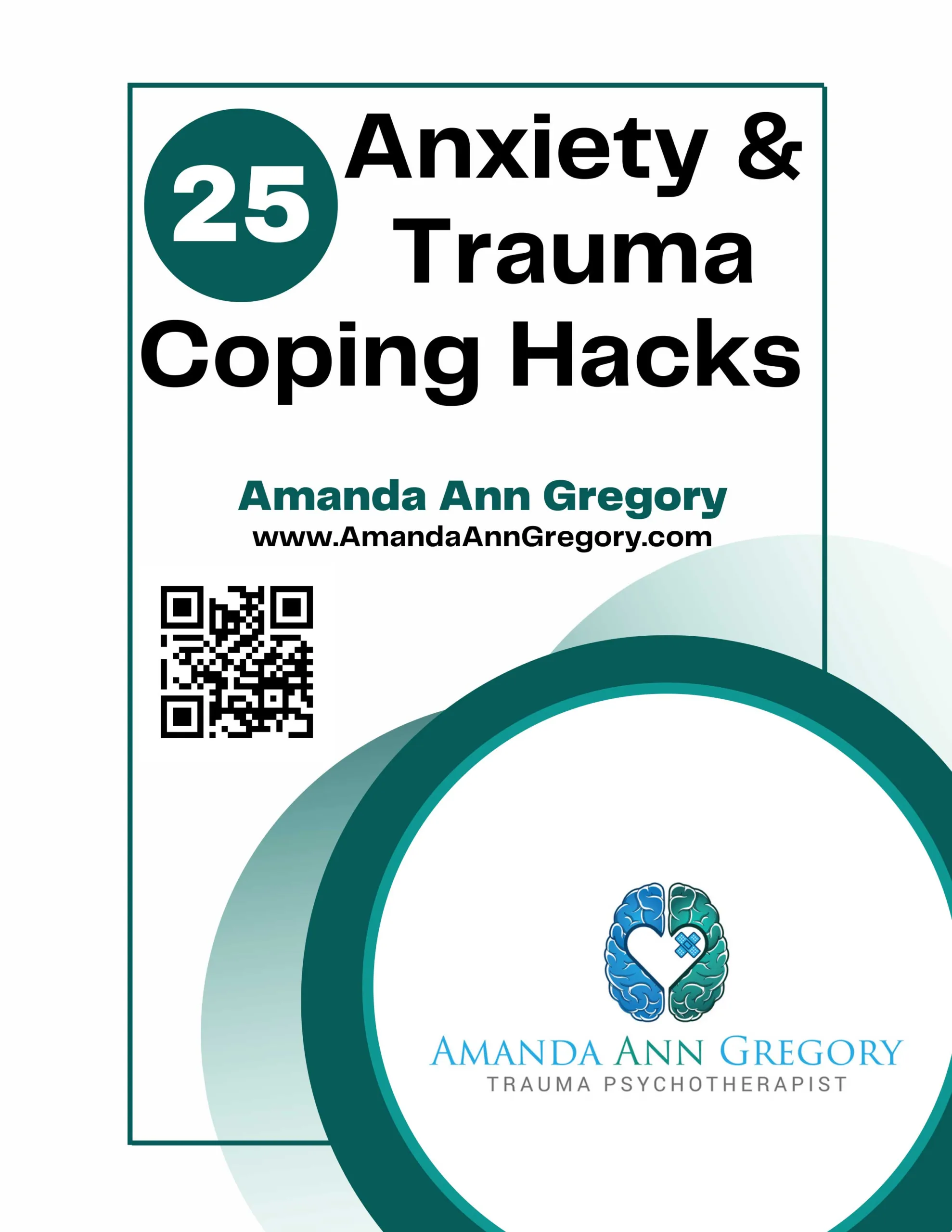
Article très intéressant
fac–segc.
Thank you for this great post,
GTU
Beautiful article, Thank you!